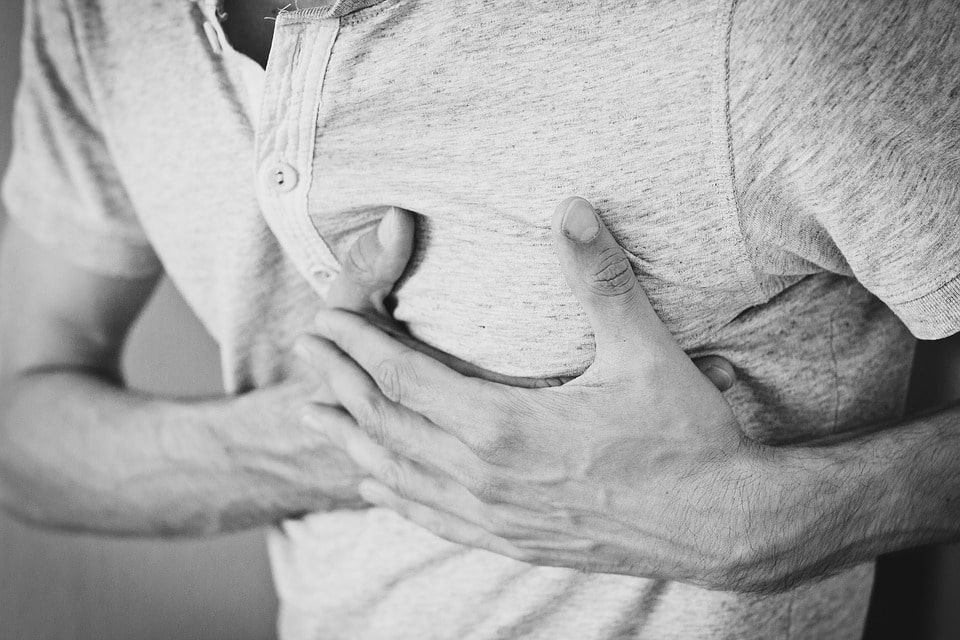An improper diet and a hectic lifestyle are not only bad for our overall health; they can also lead to heart attacks, which have recently become the leading cause of mortality. To protect ourselves and our hearts, we must make healthy lifestyle adjustments such as eating more nutrient-rich fruits and vegetables, getting at least 8 hours of sleep every night and learning how to manage stress.
Furthermore, we must pay special attention to the signals our bodies provide us; typically, a month before a heart attack, we may begin to experience certain signs of heart failure, such as shortness of breath, chest pain or discomfort, an irregular heartbeat or pulse, nausea or dizziness. We can lower the chance of having a heart attack if we detect these signals early and make the required modifications.

Being conscious of the things we consume and the amount of sleep we get can go a long way toward guaranteeing our heart health. On the other hand, an exercise plan that includes moderate physical activity has been demonstrated to enhance cardiovascular health.
Regular exercise can help lower blood pressure, moderate weight gain, and release endorphins into the system, all of which assist in reducing stress levels over time. Making modest changes to your lifestyle can add up over time and make a big difference in your overall health and well-being!
If you have trouble breathing, it could be a sign of a heart condition. When your lungs cannot deliver sufficient oxygen and blood supplies to your body, it can burden your respiratory system and leave you feeling as if you can’t catch your breath. If this occurs, you must immediately contact your doctor.
Cold and flu symptoms may appear mild compared to the other signals of a possible heart attack; nonetheless, if any of them are present in conjunction with the other symptoms, you should seek medical assistance immediately.
Because chest pressure is one of the most telling indicators that a heart attack is on the way, it is critical to seek medical attention as soon as you notice any pain or discomfort in this area.
Weakness and exhaustion are frequent when the heart isn’t working correctly; since oxygen and blood aren’t being carried as they should, muscles throughout the body might become weak and exhausted. Continuous exhaustion may indicate an underlying issue that requires more investigation; consequently, it is prudent to visit your doctor if these symptoms persist.
Cold chills and dizziness are common indications of poor circulation, which can limit enough blood flow to the brain. This disruption in healthy blood flow can severely impair mental functioning and result in excessive drowsiness, weariness, and even more severe medical complications such as heart attacks.
To combat this, individuals must be aware of these indicators so that they may take the necessary action as soon as possible to limit their risk of developing more issues.
Sleepiness is one of the critical signs of poor circulation produced by reduced blood flow into the heart. People with poor circulation are prone to feeling extremely weary or short of energy during the day, even after a good night’s sleep.
This can severely impact both physical and emotional health, making it critical for persons with impaired circulation to make efforts to restore their body’s regular functioning.
Furthermore, preventing heart attacks is essential to maintaining good health when coping with impaired circulation. Early detection of warning symptoms and prompt implementation of corrective actions such as lifestyle modifications or medication can help lower the likelihood of developing a severe cardiac event. Furthermore, regular doctor visits are advised to monitor potential problems and control them over time.




